Showing 25–31 of 31 results
-
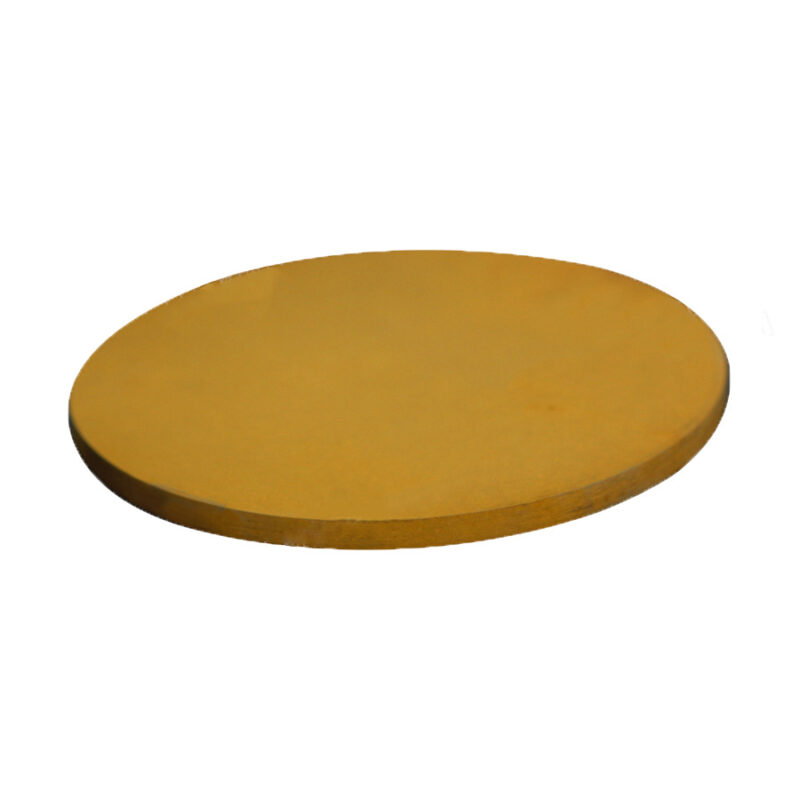
- Semiconductor Properties: SnS₂ has a direct bandgap, making it suitable for absorbing light and generating charge carriers, ideal for photovoltaic and optoelectronic applications.
- High Absorption Coefficient: SnS₂ thin films exhibit high optical absorption, making them effective in solar energy harvesting applications.
- Environmentally Friendly: Tin and sulfur are abundant and non-toxic elements, making SnS₂ a more environmentally benign material compared to some other semiconductor compounds.
- Layered Structure: The layered crystal structure of SnS₂ allows for good ion intercalation in energy storage devices and provides opportunities for 2D material applications.
-
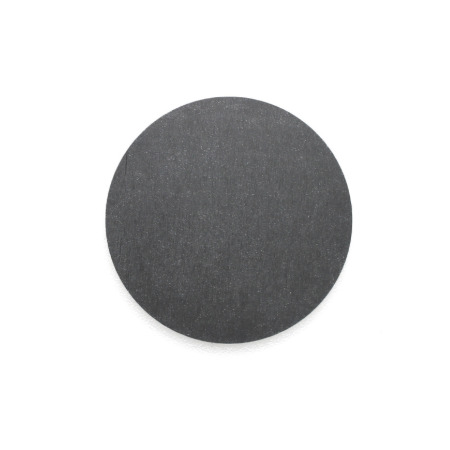
- High Purity: ≥ 99.9% purity ensures consistent and high-quality film deposition.
- Optoelectronic Properties: Exhibits excellent absorption coefficients and semiconducting behavior.
- Environmentally Friendly: Non-toxic and abundant material for sustainable applications.
- Customizable Formulations: Tailored compositions to meet specific research and industrial needs.
- Versatile Deposition: Compatible with RF and DC magnetron sputtering systems.
-
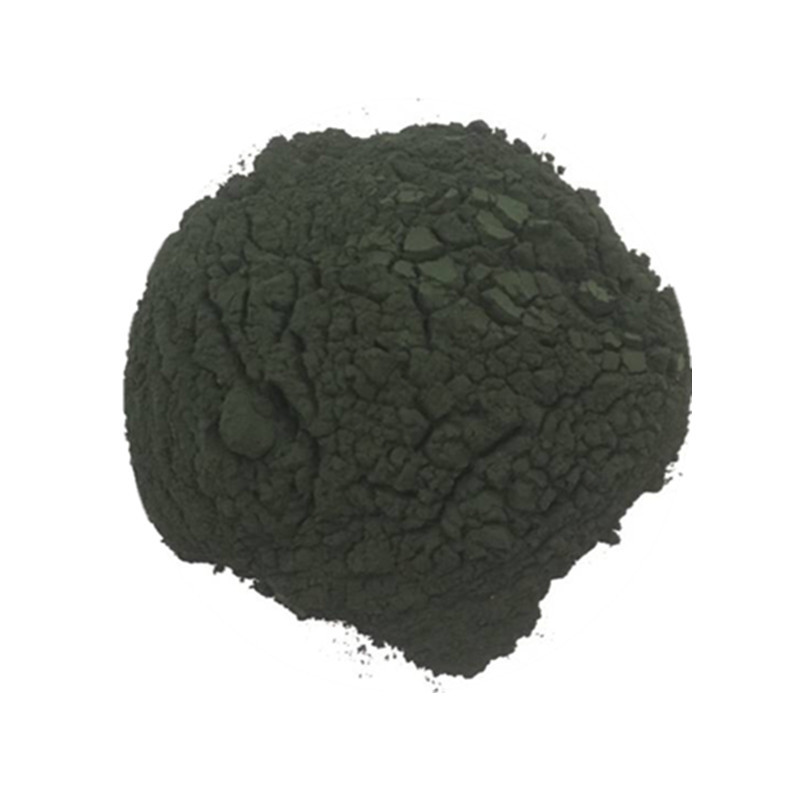
- Ultra-Low Friction: Excellent solid lubricant properties with a coefficient of friction as low as 0.03.
- High Thermal Stability: Effective up to 450°C in normal environments and up to 650°C in vacuum conditions.
- High Purity: Ensures consistent performance in critical applications.
- Versatile Particle Sizes: Available in nano and micron grades.
- Chemical Resistance: High resistance to oxidation, corrosion, and wear.
- Wide Application Range: Suitable for coatings, composites, lubricants, and electronics.
-
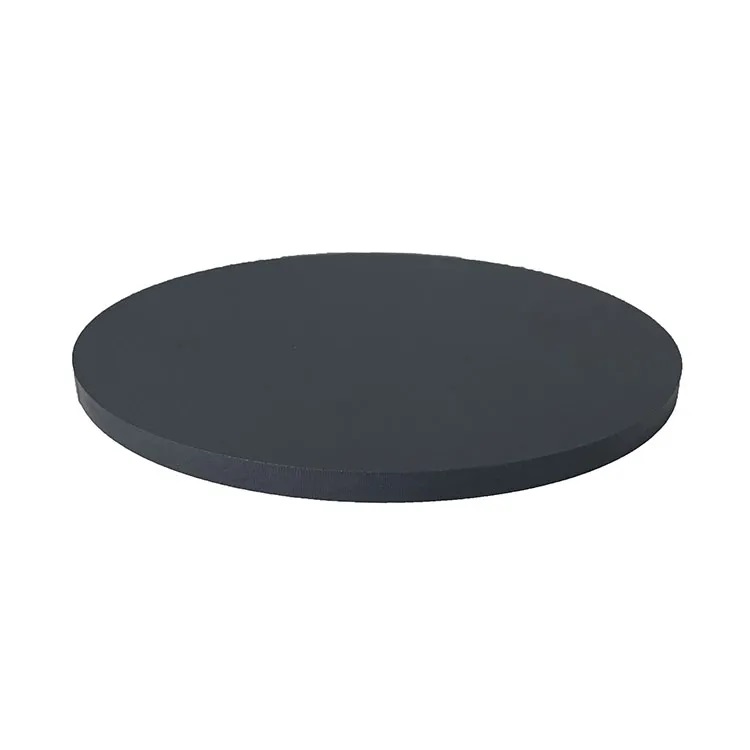
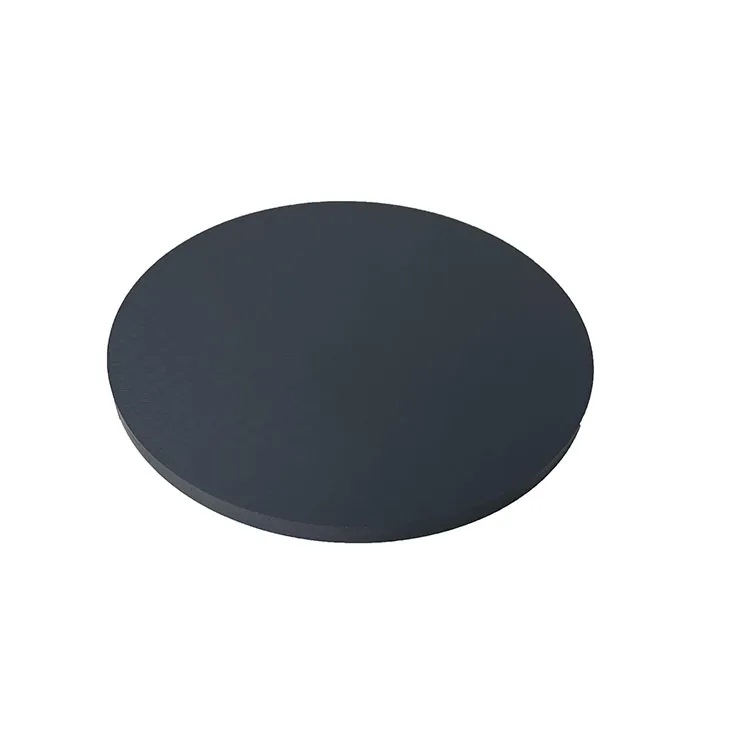
- Low Friction Coefficient: WS2 thin films exhibit an extremely low coefficient of friction, which is beneficial for improving the performance of mechanical systems in high-friction environments.
- Thermal Stability: WS2 coatings maintain their properties at elevated temperatures, making them suitable for high-temperature applications.
- High Wear Resistance: WS2 offers exceptional wear resistance, extending the operational life of coated components subjected to abrasive conditions.
- Chemical Inertness: WS2 is resistant to corrosion and oxidation, making it durable in harsh chemical environments.
- Layered Structure: The unique layered structure of WS2 provides excellent lubricating properties due to the easy shearing between layers.
-
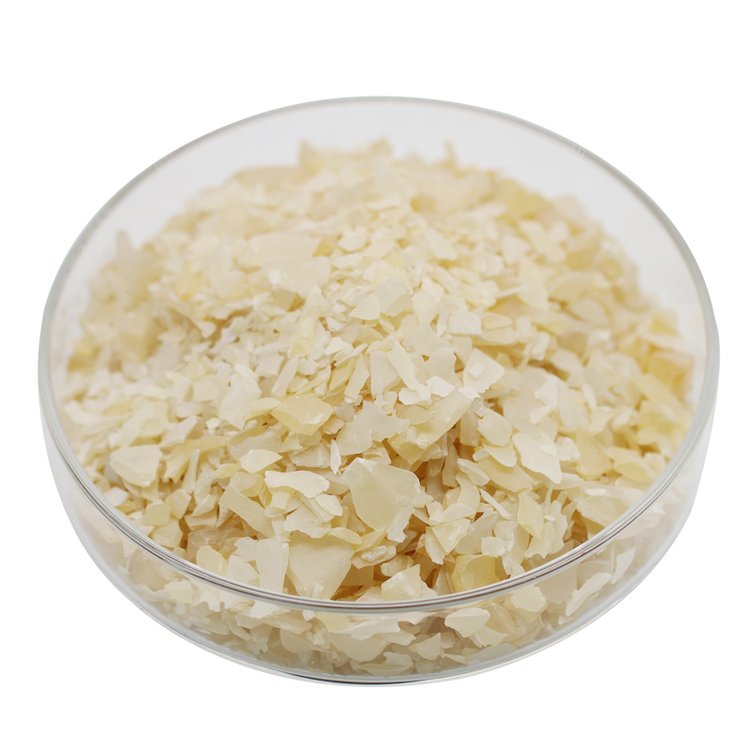
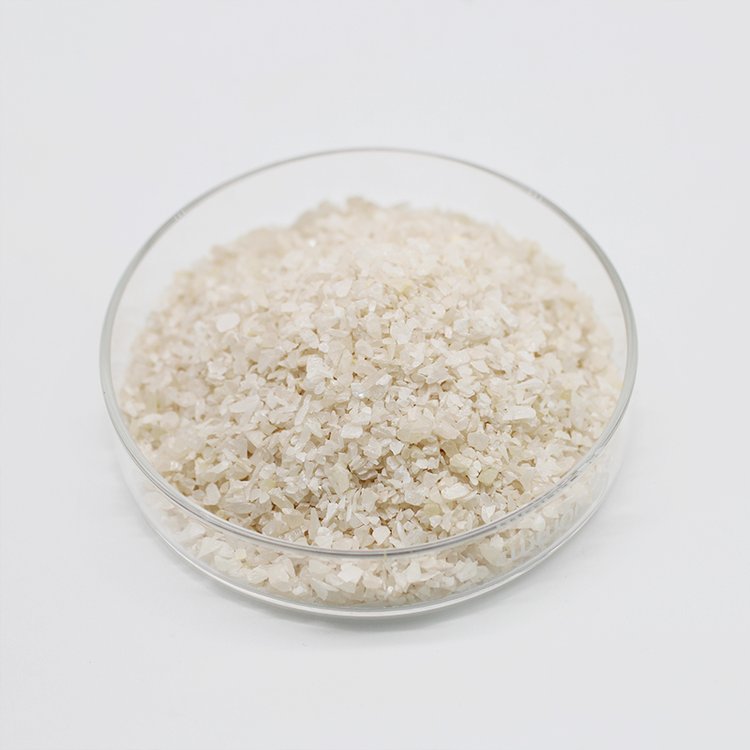
- High Transparency: ZnS has excellent transmission in the visible and infrared regions, making it ideal for optical coatings and infrared optics.
- Wide Bandgap: ZnS has a large bandgap, allowing it to function effectively in optoelectronic and photonic applications.
- Durable and Stable: ZnS thin films are stable in a variety of environmental conditions and offer good mechanical durability.
- Broad Spectral Range: ZnS thin films exhibit good transmission from the visible spectrum to the mid-infrared region, making them suitable for a wide range of optical applications.
- Low Absorption: ZnS has low absorption in the visible and infrared spectra, making it a preferred material for high-performance optical coatings.
-
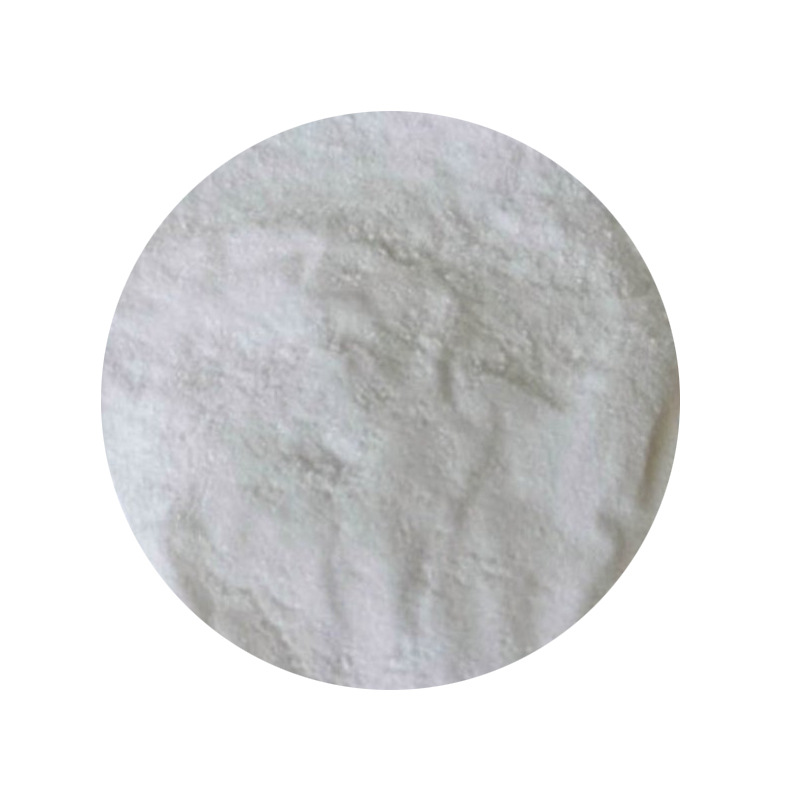
- High Optical Transmittance: Effective transmission in the visible and infrared spectrums (0.4–12 µm).
- Thermal Stability: Can withstand high temperatures without degrading its properties.
- Mechanical Durability: Exhibits good mechanical strength and hardness, making it suitable for demanding applications.
- Chemical Resistance: Resistant to moisture and many chemicals, enhancing its reliability in various environments.
- Wide Applications: Suitable for a range of applications including infrared optics and lighting devices.
-
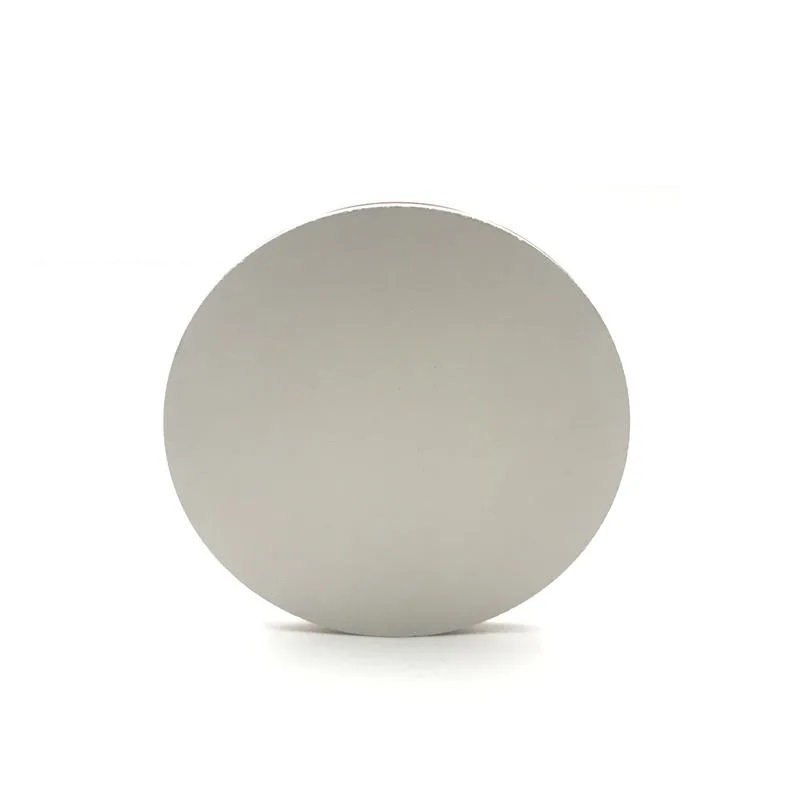
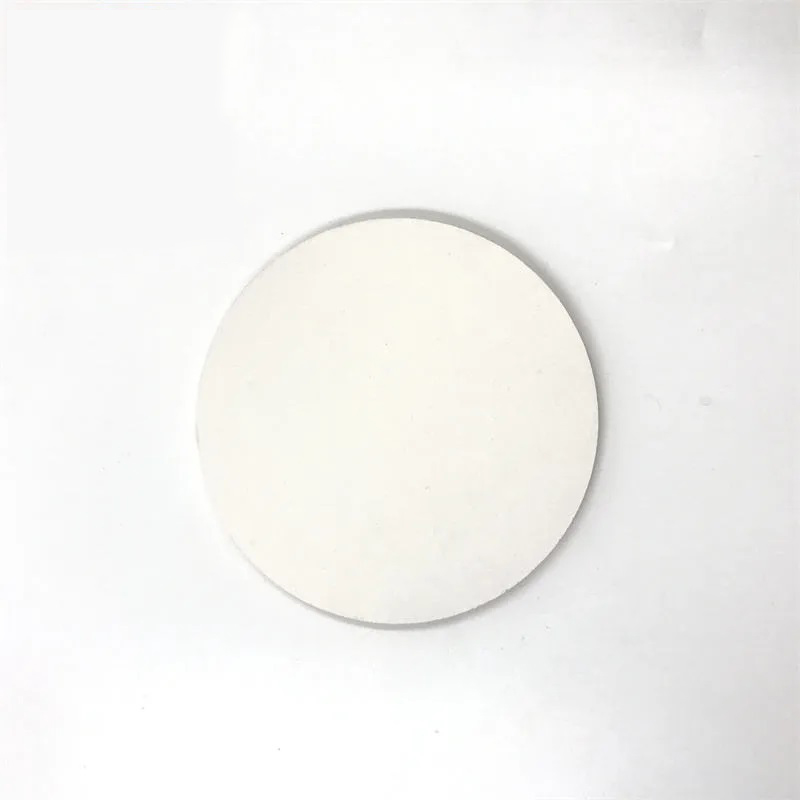
- Broad Transmission Range: ZnS exhibits excellent transmission in the visible, near-infrared (NIR), and mid-infrared (MWIR) regions, making it suitable for a wide range of optical applications.
- High Refractive Index: ZnS has a high refractive index, which is beneficial for designing optical coatings with precise reflection and transmission properties.
- Chemical and Thermal Stability: ZnS thin films are chemically stable and exhibit good thermal resistance, making them suitable for use in high-temperature and chemically aggressive environments.
- Infrared Transparency: ZnS is known for its excellent transparency in the infrared spectrum, especially in thermal imaging systems, laser optics, and other IR-related devices.










